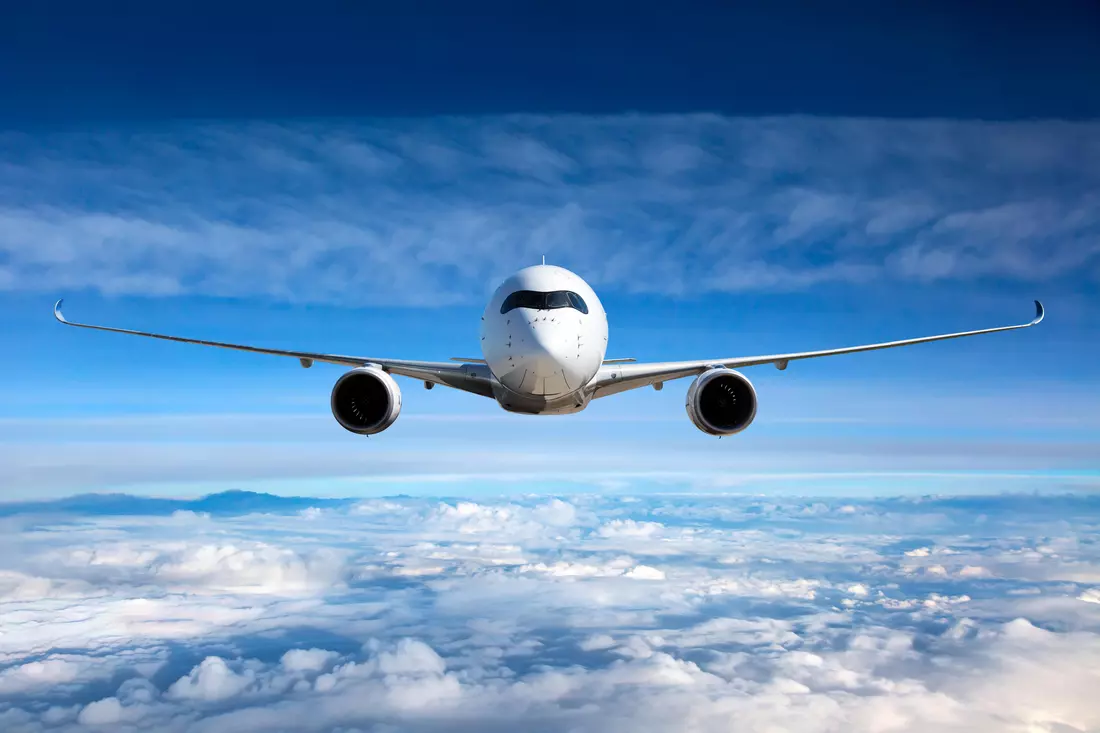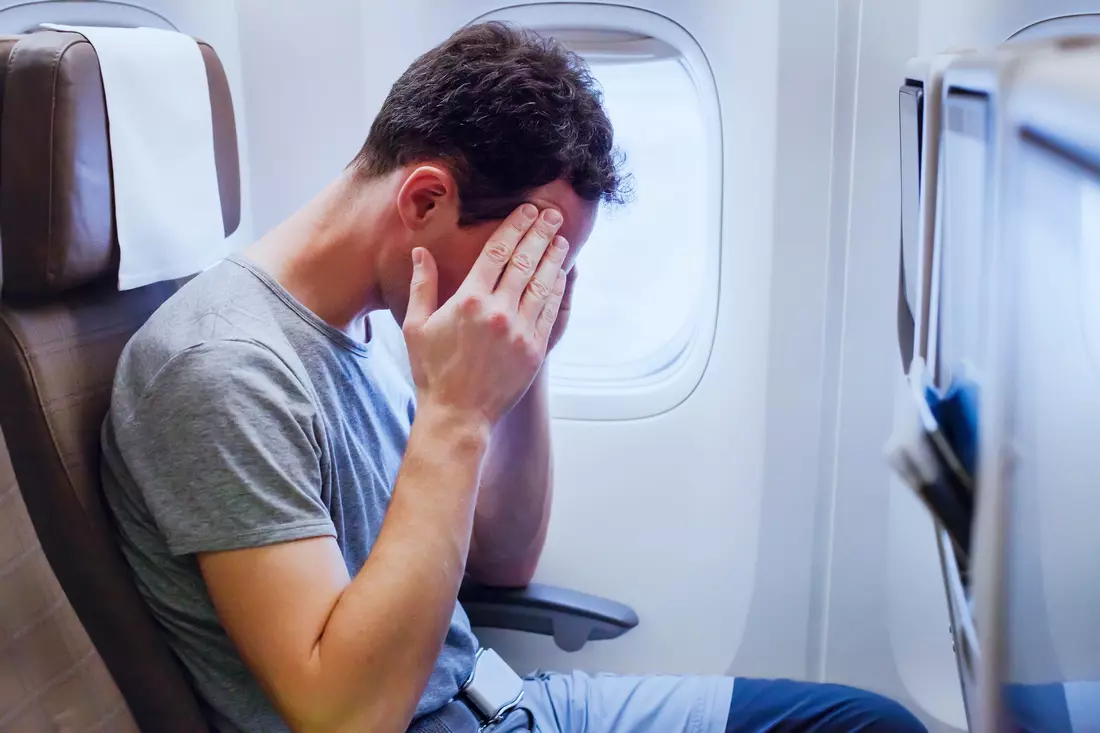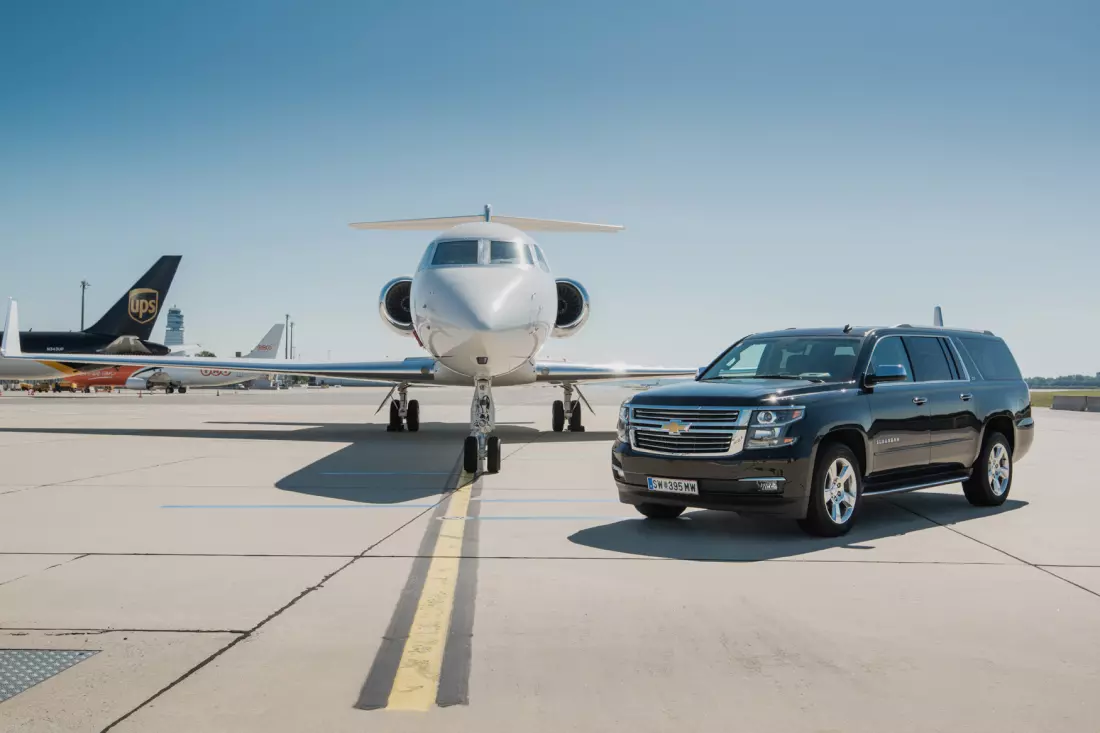Overcome Your Fear of Flying in the U.S.
Dreaming of embarking on an exciting adventure, with the United States as your destination? But is your fear of flying holding you back from making this dream a reality? Don’t worry — you’re not alone. Many people experience anxiety when it comes to flying, but we’re here to help you conquer this fear and enjoy your flights without limitations.
In our article "How to Overcome the Fear of Flying," we provide valuable advice, effective strategies, and proven techniques that will help you overcome your fear and fly with confidence. We’ll explore the psychological aspects of flight anxiety, offer practical tips for preparing for flights, and show you how to manage the emotions and anxiety that may arise.
With our guidance, you’ll be able to fulfill your dream of traveling to the U.S., exploring its beautiful cities, national parks, and countless attractions. Don’t let fear control your life and limit your opportunities. Get ready for an unforgettable adventure and learn to fly fearlessly with us.
Why Does Fear of Flying Arise?
Most often, fear of flying stems from the feeling of not being in control. When on a plane, we place our trust in the pilots, weather conditions, and technology, which can be stressful for many. Additionally, airplanes can trigger claustrophobia for some, as the confined space and limited movement may intensify discomfort.
However, despite these concerns, air travel remains one of the safest modes of transportation. The likelihood of an aviation accident is incredibly low — statistically, it’s one of the most reliable forms of travel.

Studies have shown that air travel is 22 times safer than car travel.
Learn to Fly Without Fear with Our Tips
Each of us has likely experienced a moment of fear during a flight at least once. It’s one of the most common human phobias, affecting one in six people. Some say it’s incomparable, but statistically, a kilometer flown by air is much safer than traveling by car.
So, how do you overcome the fear of flying? This very real issue can lead to panic attacks, dizziness, and shortness of breath. However, by following a few simple guidelines, you can conquer this fear. Here are some of them:
- Prepare in Advance
One of the best ways to reduce flight anxiety is to prepare ahead of time. Make sure you know your flight schedule, choose a comfortable seat, and plan your trip to minimize stress. Some passengers prefer window seats to watch the clouds and distract themselves from their fears, while others opt for aisle seats for a greater sense of freedom. - Practice Breathing Techniques
Breathing is one of the most effective ways to cope with anxiety during a flight. When you're scared, your breathing tends to quicken, which can heighten your anxiety. A simple way to calm down is to breathe deeply and slowly. Focus on your breaths, making each inhale and exhale measured and steady. - Visualization or Wristbands
Wearing a rubber wristband during the flight can help. When a panic attack begins, rub the band and replace any negative thoughts with positive ones. For example, imagine you’ve safely reached your destination. You'll be surprised, but this technique can evoke positive emotions. You can also carry cards with reassuring phrases like "Breathe," or "Everything will be fine." These can help you stay in a positive mindset. - Distract Yourself
During the flight, it's important to find ways to distract yourself from anxious thoughts. Bring along a book, tablet with movies, or music. A great idea is to prepare a list of tasks for the flight: listen to podcasts, play a game on your phone, or create a plan for your vacation. - Avoid Caffeine and Alcohol
Caffeine can heighten anxiety, while alcohol can worsen your condition and cause dehydration. It’s better to drink water or calming teas that will help you feel better on board. If you suffer from severe pre-flight anxiety, consider consulting a doctor about using calming medications. - Learn How Airplanes Work
Many people feel calmer when they understand how airplanes work and what happens during different stages of the flight. Learn the basics of how jet engines operate, the safety rules, and why turbulence is a normal phenomenon. Understanding the technical aspects of flying can reduce uncertainty and fear of unexpected events.
By following these rules, you'll soon find that overcoming the fear of flying isn’t as difficult as it seems.
More Practical Tips
Sometimes, even small changes in your approach to flying can make a big difference in overcoming aerophobia. Here are some additional helpful recommendations:
- 01. Avoid Talking About Your Fears
Discussing your fears may only trigger panic attacks. - 02. Arrive at the Airport Early
This will help you avoid unnecessary rushing and stress. - 03. Choose Morning Flights
Morning flights are typically smoother, as turbulence is often less frequent. - 04. Use a Meditation App
Apps like Headspace or Calm can help you relax and feel more at ease during the flight. - 05. Talk to the Flight Crew
If you’re feeling extremely anxious, don’t hesitate to tell the flight attendants — they are often very skilled at helping passengers calm down.
With these tips and strategies, you’ll be well on your way to flying without fear and enjoying your travel experiences to the fullest.
Transfers from airports in the USA
Common Myths About Flying and the Truth Behind Them
There are many myths surrounding air travel that can only worsen the fear of flying. Here are a few common misconceptions and the reality behind them:
- Myth: Turbulence can cause a plane to crash.
Reality: Airplanes are designed to withstand even severe turbulence. - Myth: Plane crashes happen frequently.
Reality: Aviation accidents are extremely rare. You are far more likely to be in a car accident than in a plane crash. - Myth: Excessive noise during the flight indicates a malfunction.
Reality: Noise is a normal part of an airplane’s operation, especially during takeoff and landing.Turbulence: Why It’s Not Dangerous
Many passengers experience panic when turbulence occurs. However, it’s important to remember that turbulence is a normal phenomenon, and planes are built to handle it without any issues. Turbulence is simply air currents that “push” the plane around a little, but it doesn’t pose any real danger to the safety of the aircraft.
- Tip: When turbulence starts, try to relax your muscles and find a comfortable position in your seat. The more relaxed you are, the easier it will be to endure the turbulence.
Professional Help for Overcoming Aerophobia
If your fear of flying is so intense that it prevents you from traveling, it may be worth considering professional help. There are specialized courses and programs designed to help people overcome their fears of flying. Some airlines even offer seminars and training sessions for passengers who suffer from aerophobia.
It can also be helpful to consult a psychologist who can help you develop a personalized plan to manage your fear. Therapeutic techniques, such as cognitive-behavioral therapy, are especially effective in addressing issues like aerophobia.

In conclusion, conquering the fear of flying is possible, and many people have already overcome this problem, gaining freedom and confidence in the air. It's important to remember that every person is unique, and what works for one may not work for another. Experiment with different methods to find the approach that best suits your needs and comfort.
Remember that relaxation, breathing exercises, awareness of the process of flying, and using positive visualization techniques can help you overcome fear and learn to fly without it. Feel free to ask for help from specialists, such as psychologists or instructors in defeating aerophobia.
Remember that flying is not only a means of transportation, but also an opportunity to discover new places, meet interesting people and create unforgettable memories. Give yourself freedom and let flying become a part of your life. You deserve to experience the joy and pleasure of flying just like everyone else.

































